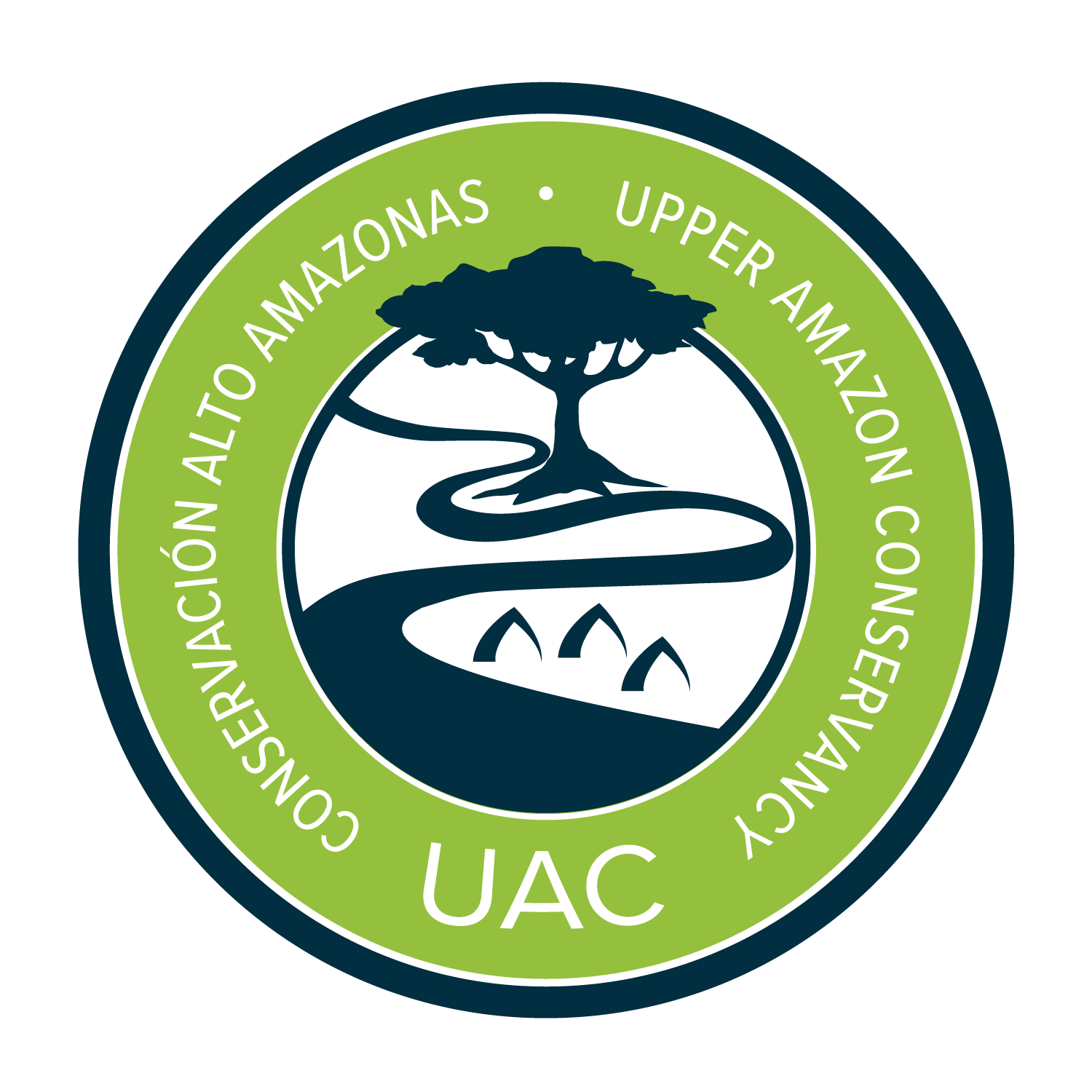“Multimodal” Transit Route Promoted as Alternative to New Purús Road
April 2018: UAC recently led an investigation of a new transit route utilizing existing roads and rivers to connect the Alto Purús region with the rest of Peru. Called the “multimodal,” the route utilizes existing roads and the Purús River in Acre, Brazil, and is being promoted as a way to reduce dependence on expensive air transport and a sustainable alternative to a proposed highway (see Map).The investigation was conducted in collaboration with the Sociedad Peruana de Derecho Ambiental (SPDA), Peru’s experts on environmental law and policy, and journalists from the country’s largest newspaper, El Comercio.
The Interoceanic connects Puerto Maldonado to Iñapari on the Peru – Brazil border. The Multimodal Transit route is highlighted in yellow. It utilizes the Purús River and existing roads. It’s use as a trade route would reduce dependence on planes to import goods to Puerto Esperanza (click to enlarge).
The Alto Purús region is roadless and contains some of the least disturbed forests in the Amazon. Roughly half of the 5,000 inhabitants live in the capital town of Puerto Esperanza. All goods and manufactured items are flown to Puerto Esperanza from the city of Pucallpa on chartered planes. Unscrupulous businesspeople take advantage of a monopoly on flights and charge exorbitant freight charges, which results in expensive goods and a generally high cost of living. For example, gasoline costs 28 soles (9$) per gallon in Puerto Esperanza, roughly three times the costs in Pucallpa. This is especially difficult for the region’s indigenous majority who comprise 80% of the population. Most live in small, remote villages upstream from Puerto Esperanza and practice subsistence activities like hunting, fishing and farming. There are very few opportunities to earn income needed to purchase staples like gas for boat travel, salt to preserve meat and fish, soap, and clothing.
The high costs of living is exacerbated by inadequate government support and services. Medicine is severely limited and , again, non-indigenous storeowners take advantage of the paucity to charge exorbitant prices. The town’s generator provides electricity only three hours per day.
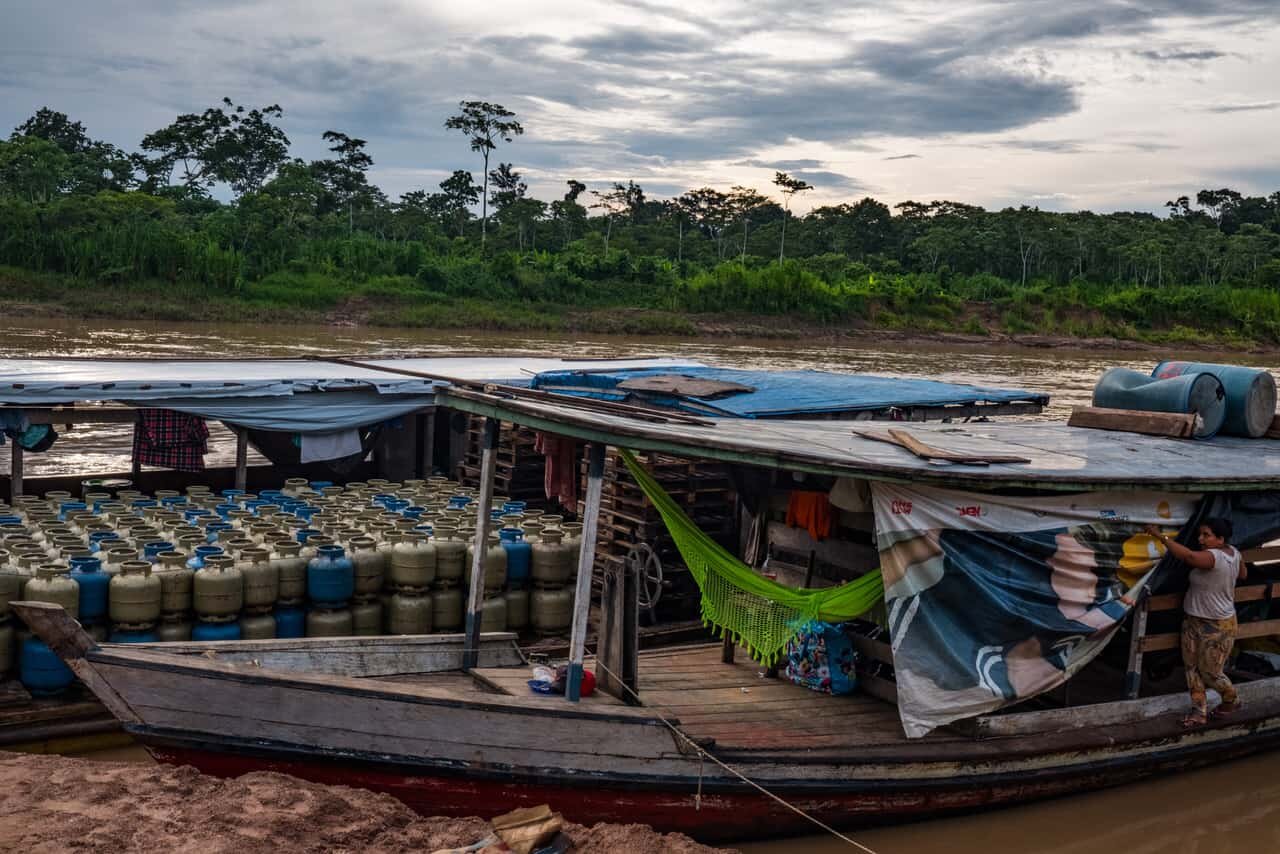
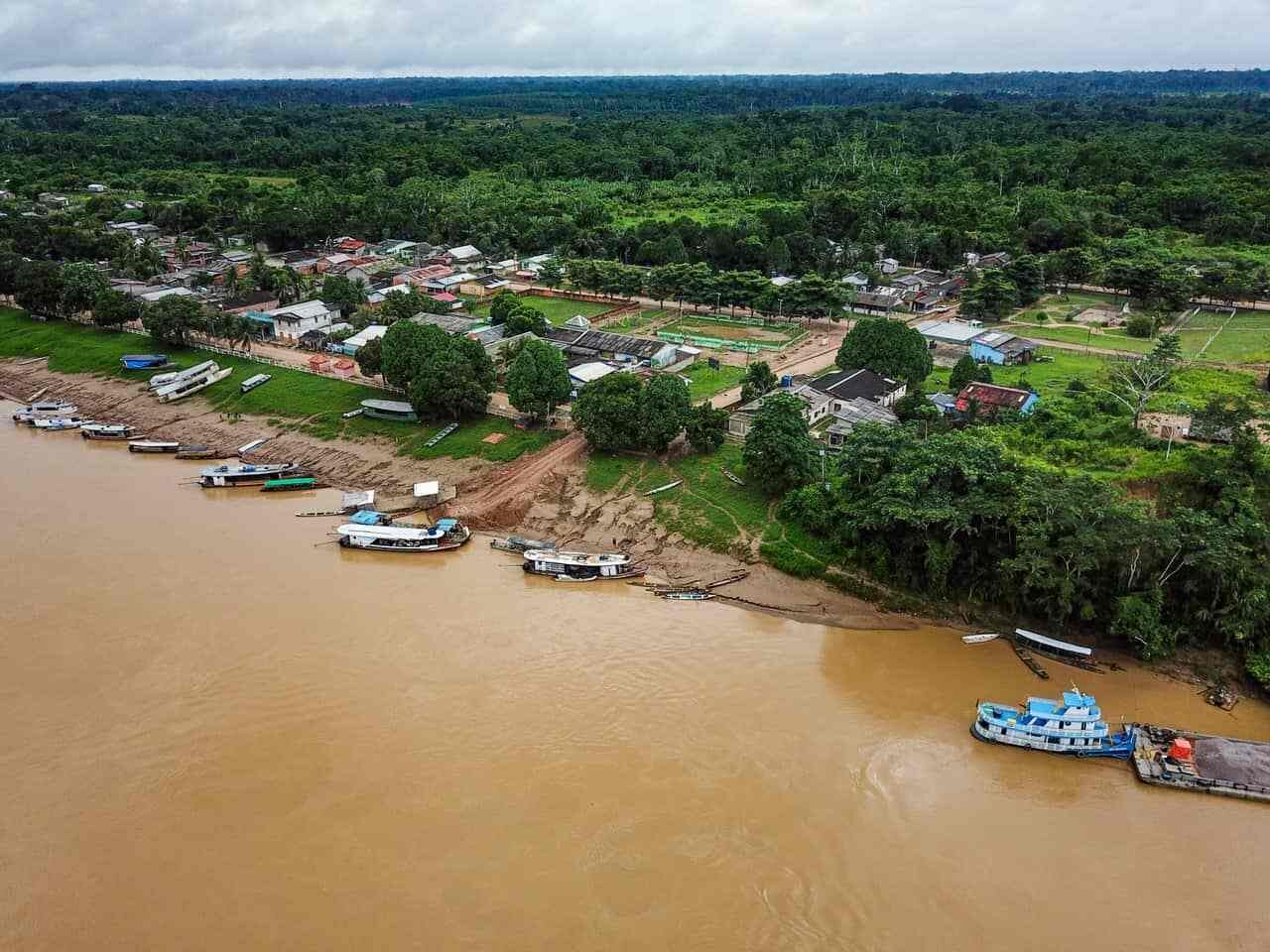
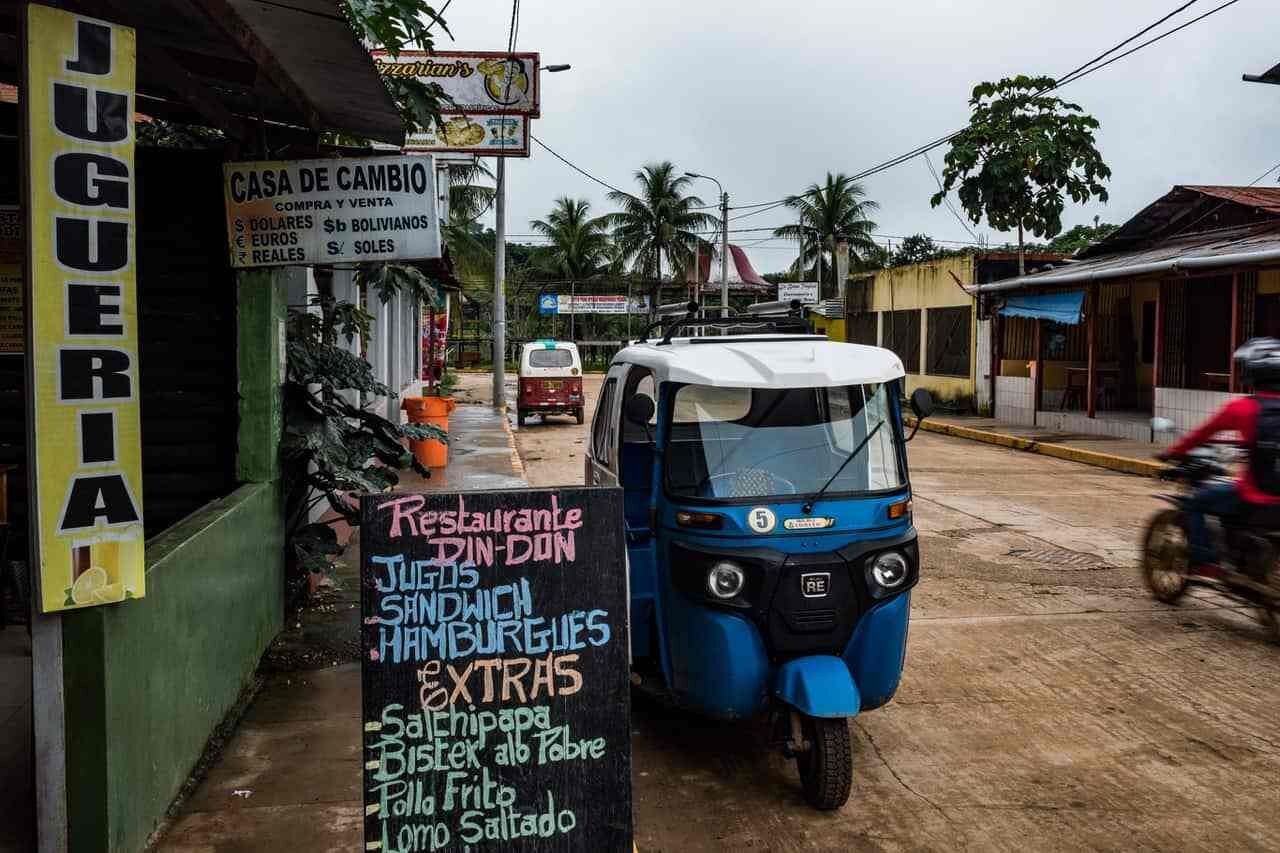
Over the past decade, a small but influential group of non-indigenous religious leaders and business owners have aggressively lobbied the government for a new road that would connect Puerto Esperanza to the Interoceanic Highway in Madre de Dios. However, the indigenous majority vehemently oppose the road, fearing the inevitable impacts to their resources and way of life as well as to the isolated tribes who live in the protected areas along the road’s proposed path.
Last June, Congress rejected the latest bill mandating construction of the highway. In its place, it passed Law 30574 which declares “the sustainable development of the Purús Province, prioritizing a multimodal connection, is of national interest and a public necessity”. But since then, the government has been reluctant to act. Both Peru and Brazil lack adequate infrastructure and staff at the two border crossings along the multimodal route. This prevents legal trade between the two countries as well as the transport of Peruvian goods from Puerto Maldonado to Puerto Esperanza. Currently, the limited amount of goods that arrive by river to Puerto Esperanza from Brazil are illegal, lackign the necessary permits.
UAC is working with indigenous leaders to pressure the government to enact the new law and develop the multimodal as a legally and financially viable transit route. It is a critical component of a larger strategy to promote sustainable development in the Alto Purús, in addition to cheaper and dependable flights to and from Pucallpa, vastly improved government support and services, and the development of new income-generating projects for the indigenous majority.
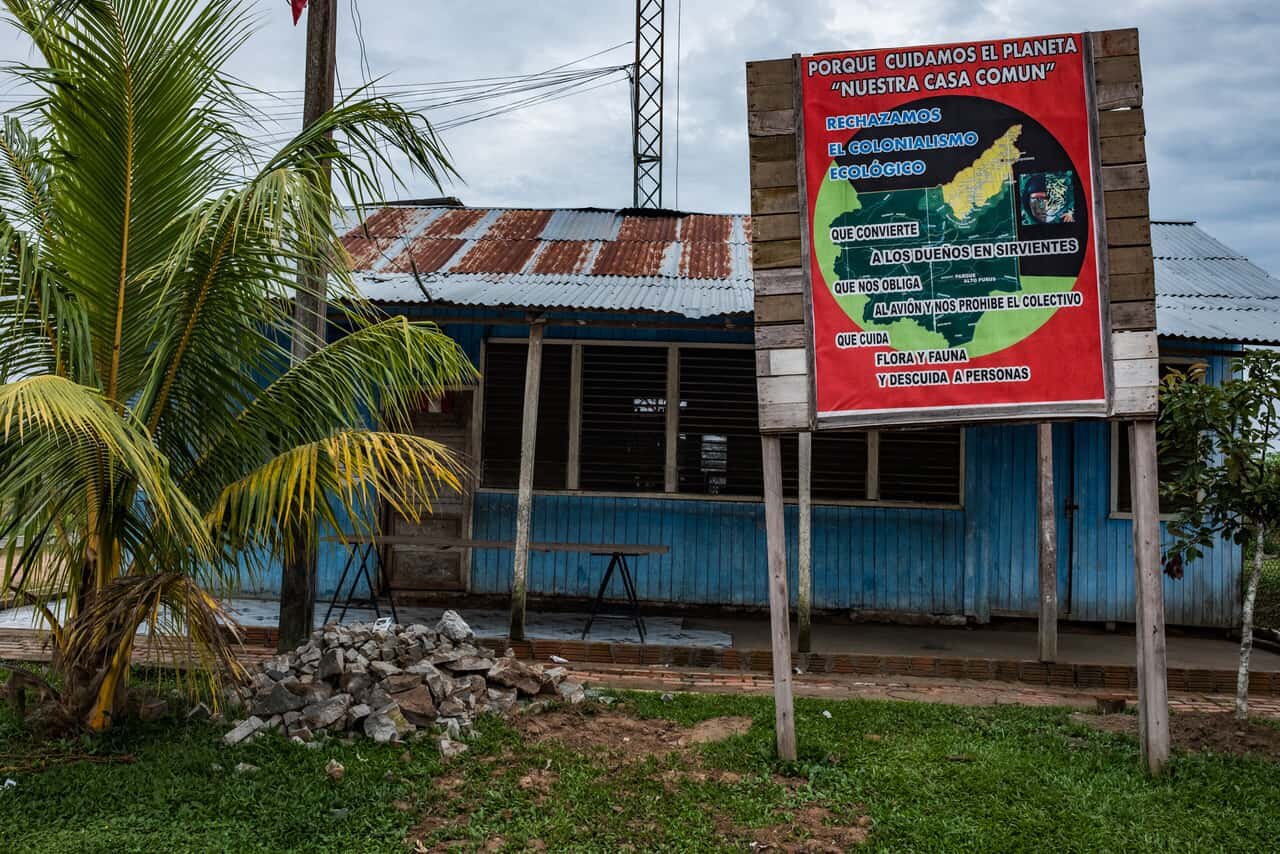
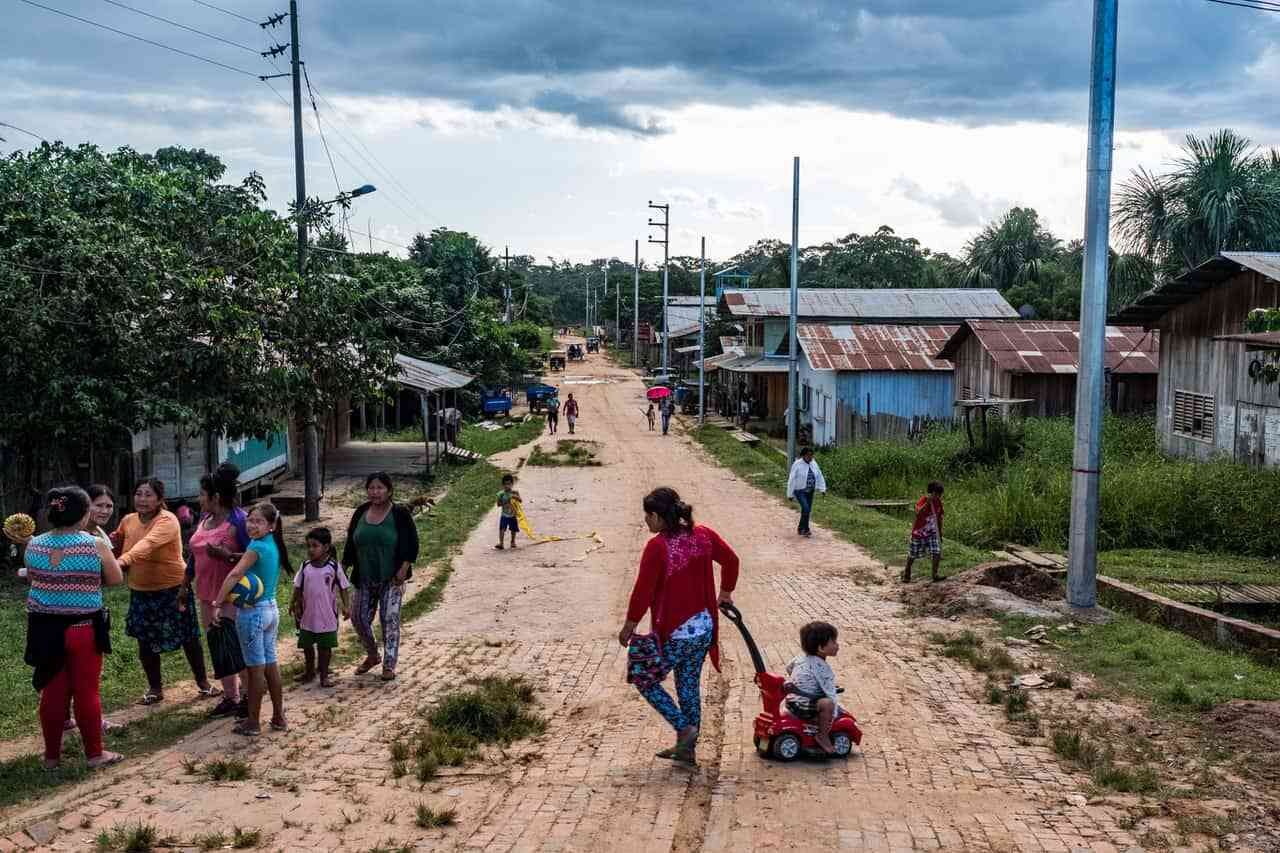
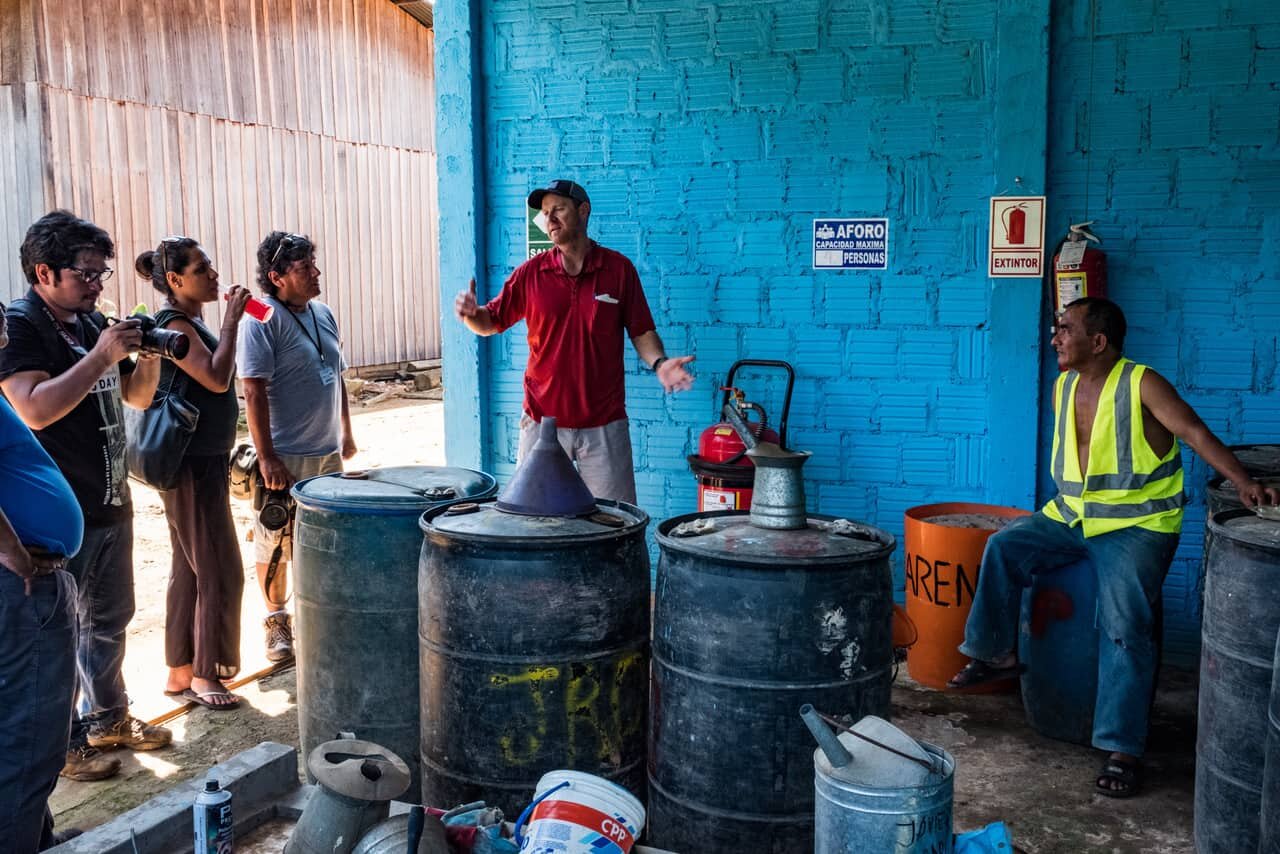
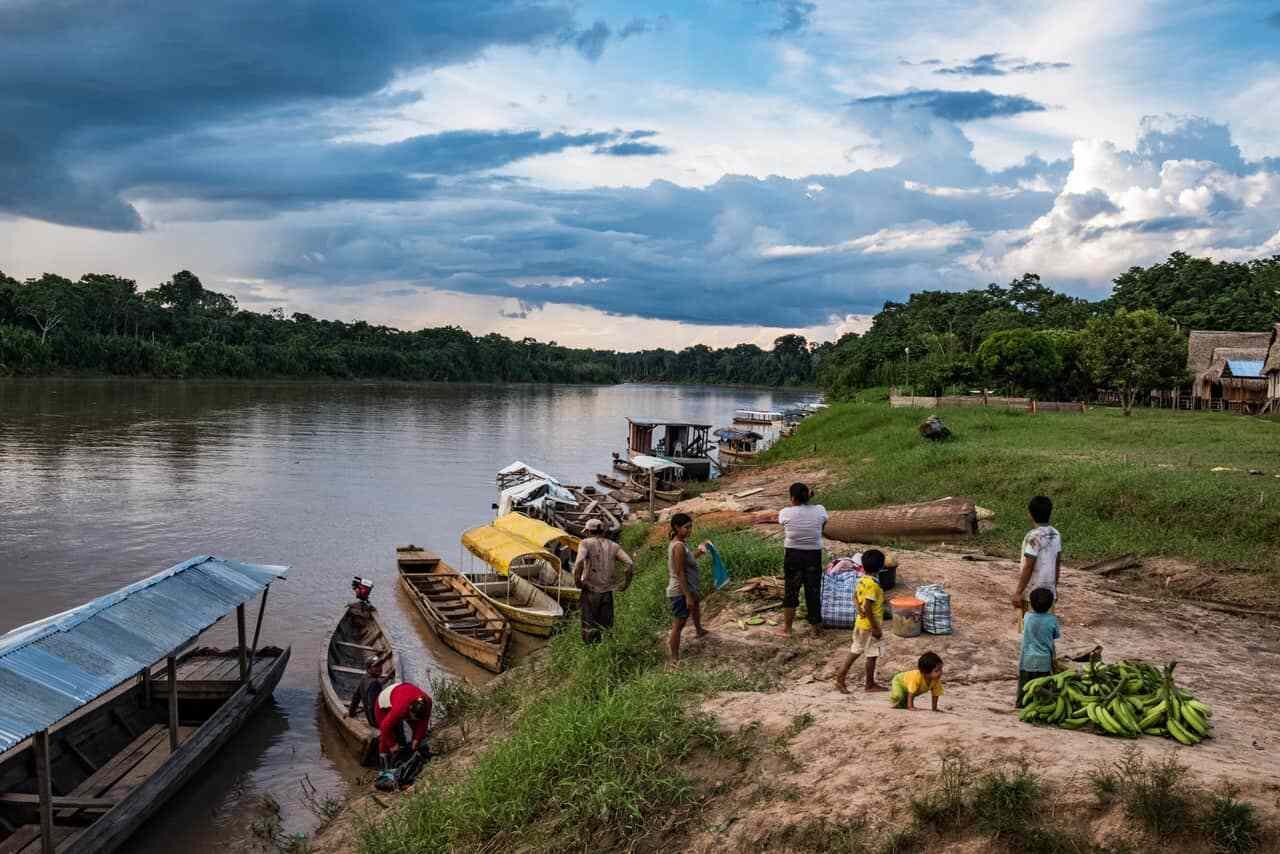
In the coming months, UAC will publish additional materials related to the multimodal transit route and other strategies that promote the sustainable development of the Alto Purús with respect for indigenous rights and nearby protected areas.
Links:
SPDA’s report on the Alto Purús’ connection issues and the Multimodal Route
Photographer Jason Houston is working with UAC/ProPurús on various projects related to sustainable development and protecting indigenous tribes. Learn more about Jason’s work here: www.jasonhouston.com.
